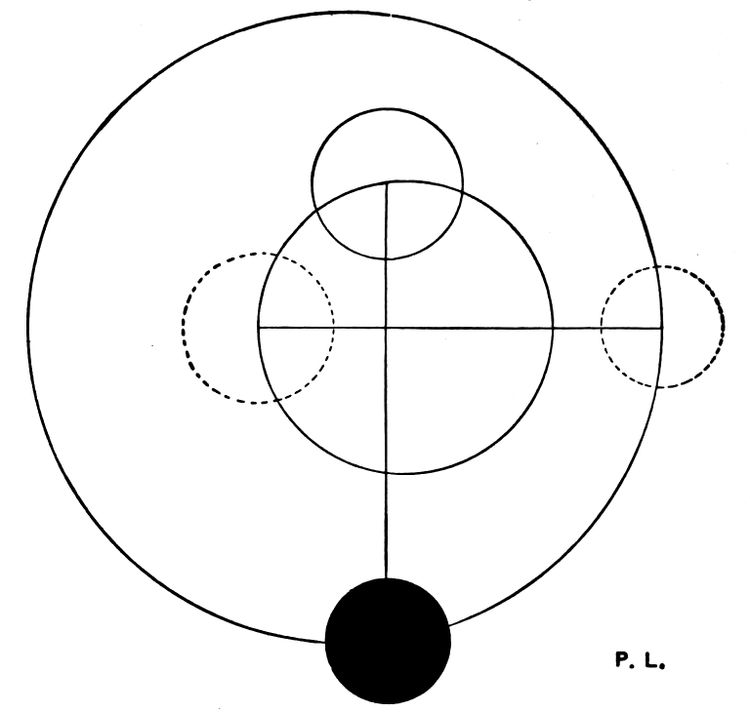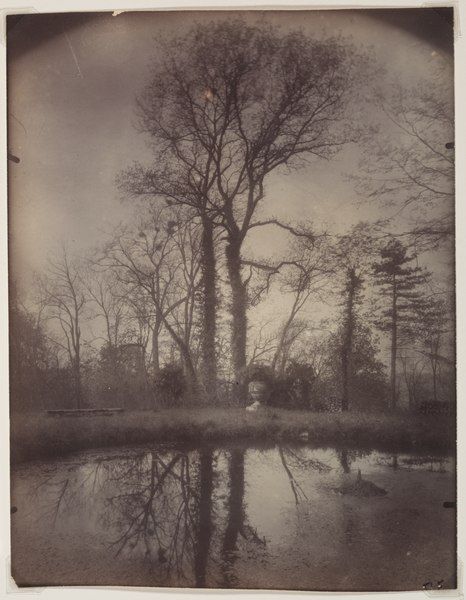Plotters and Pantsers

Most of the writers on YouTube are teenagers working on their fourth novel. They're horrified about fantasy tropes. They have recently switched agents and started writing YA (Young Adult fiction to you and me). They have five tips on how to open your chapters and 10 tips on how to complete your story arcs. They were put on this planet to offer you detailed advice on line-editing and how to reach 500k subs.
I can’t stand them. They are more successful than I am—and usually right.
Watch one of these channels for long enough and, sooner or later, the child genius will ask you the fundamental writer's question: Are you a plotter or a pantser? In 2021, no self-respecting writer is able to function without a passive income strategy and the answer to that question.
I am a plotter.
Anyone who claims they are a pantser is either lying or the subject of divine intervention.
“Pantsing” is a horrible, almost unspeakable, term. It refers to writers who “fly by the seat of their pants.” When inspiration strikes, pantsers sit down at their Smith Corona Super Silent and dash out an entire forest's worth of manuscript. As if by magic, they type whole worlds into existence. Plotlines, fully formed, crash on to the page. Characters with scars and childhood trauma wake from a slumber and begin to dictate their own futures.
As the pantser glides past the 90,000 word mark, baby deer gather round the door of the shed at the bottom of the garden and gasp in awe.
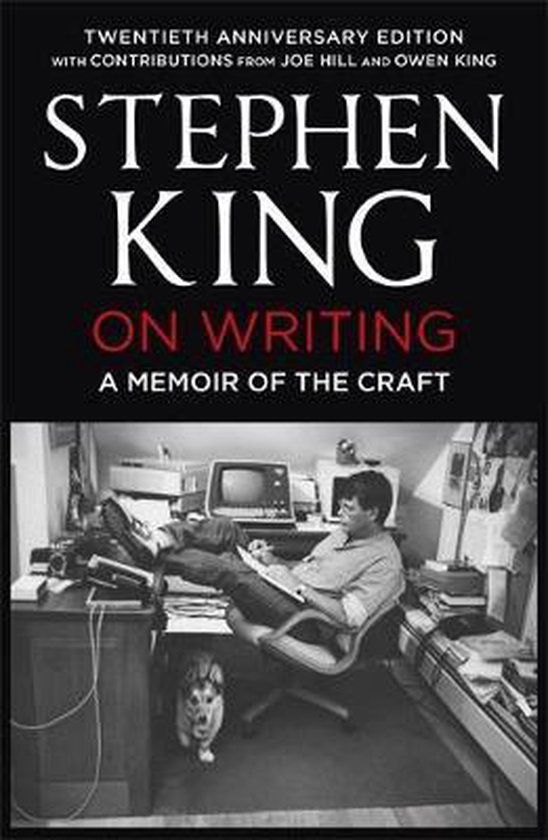
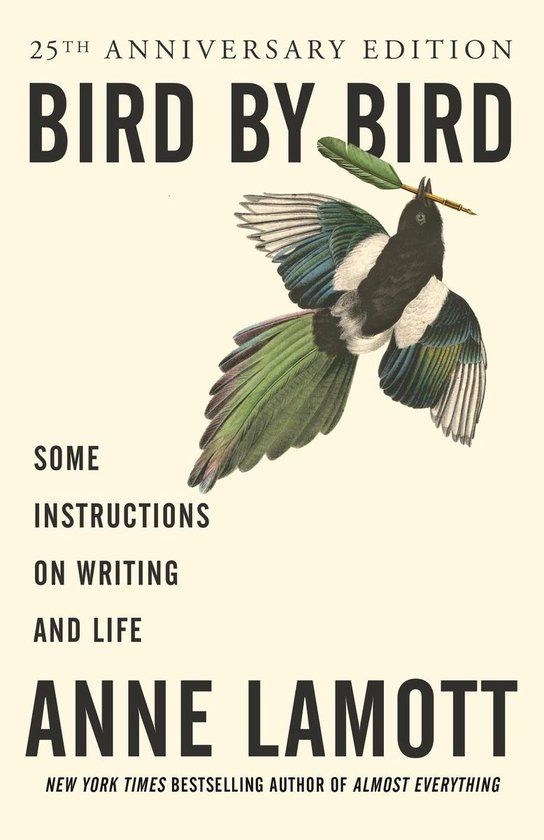
Stephen King is one such author. He seems like a nice guy. But I stopped liking him when he told me that “outlines are the last resource of bad fiction writers who wish to God they were writing masters’ theses.” On Writing is a classic of the fiction how-to canon. I haven't read any Stephen King since I was thirteen, but he seems to be doing well for himself.
Anne Lamott is another for whom planning is a chore. Writing for her is stenography. She hangs out with her creations and waits for them to do something. “Plot grows out of character," she says in Bird by Bird: Some Instructions on Writing and Life. "If you focus on who the people in your story are, if you sit and write about two people you are getting to know better every day, something is bound to happen.”
I don't believe these people—King, Lamott, George R.R. Martin, Margaret Atwood, Isaac Asimov. They are either lying or the subject of divine intervention.
I am a plotter.
Plotters live in the Scrivener Outliner view. Before writing a word, we outline meticulously. We determine our character's entire lives against timelines. We rest plots delicately upon sub-plots in spreadsheets. We spend more time in Excel than Word. Writing, for us, is hard work.
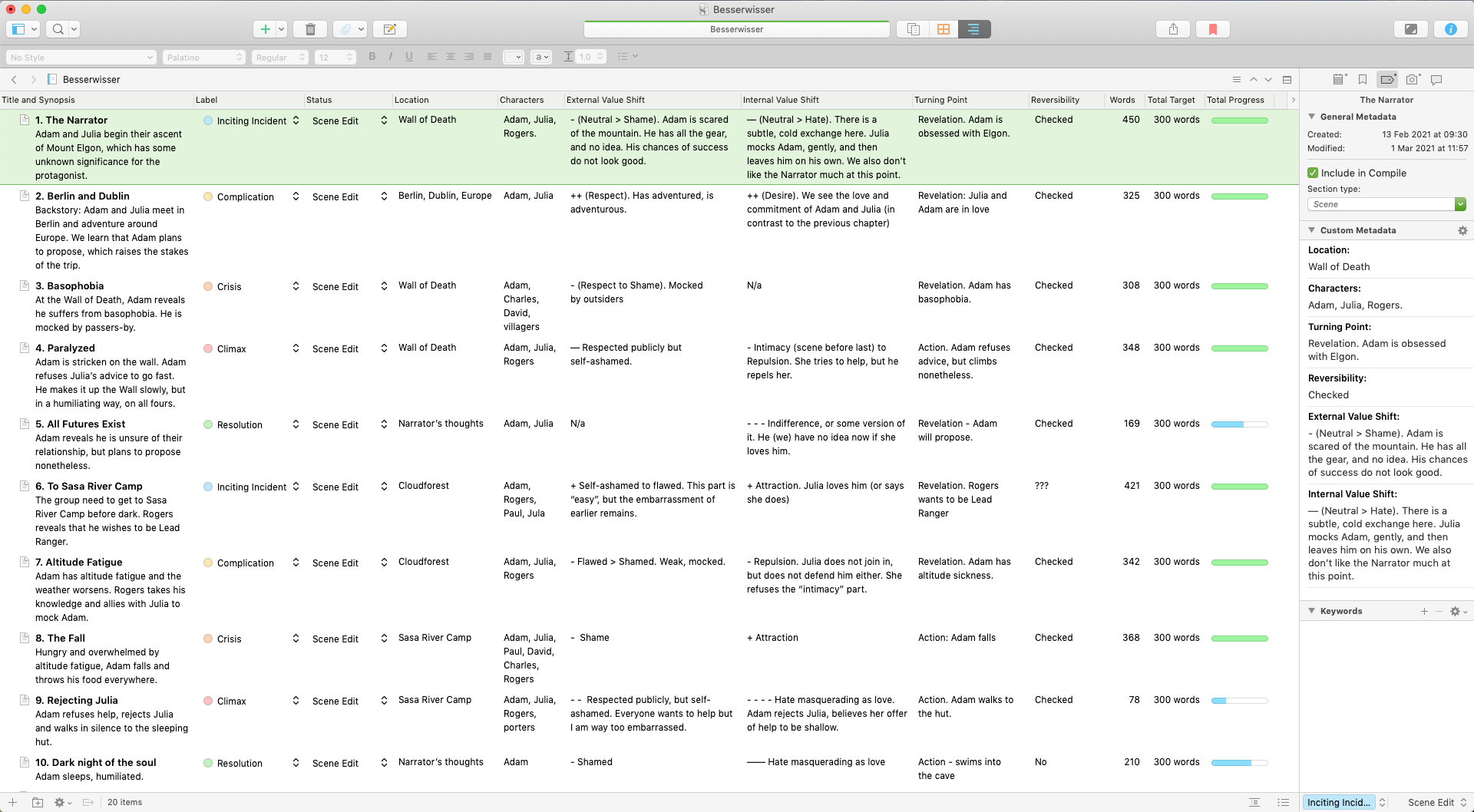
Joseph Heller is a famous plotter. The consistency of his character arcs are no accident, nor the product of 10 YouTube tips. They are not the result of serendipitous evolution. This plot is machined. Writing is craft.
Plotters like us read Blake Snyder's Save The Cat, which breaks screenwriting down into beats and ruins Hollywood films forever. We are Story Grid disciples and we worship at the altar of Shawn Coyne.
"Now we are entering Quadrant IV of the Heroic Journey 2.0!" we say to ourselves as we tear through the latest Grisham thriller.
Margaret Atwood, a self-confessed pantser, says she starts writing with "an image, scene, or voice… I couldn’t write the other way round with structure first. It would be too much like paint-by-numbers."
I paint by numbers - adhering to my word and section limits - because I do not possess inspired talent. There are no deer at the door of my shed. I don't even have a garden, let alone a shed to put in it.
My characters don't dictate to me. When I hit a wall, I have to restructure the entire outline and my graceful construction collapses like a house of cards. This is work.
As a plotter, I am surrounded by my own literary deficiencies. Pulitzer Prize-winning fiction is arduous. The perfect braid of All the Light We Cannot See. The engineered concentricity of The Overstory. The immaculate pace of The Underground Railroad. I read The Silence of the Lambs, see this structure, and weep.
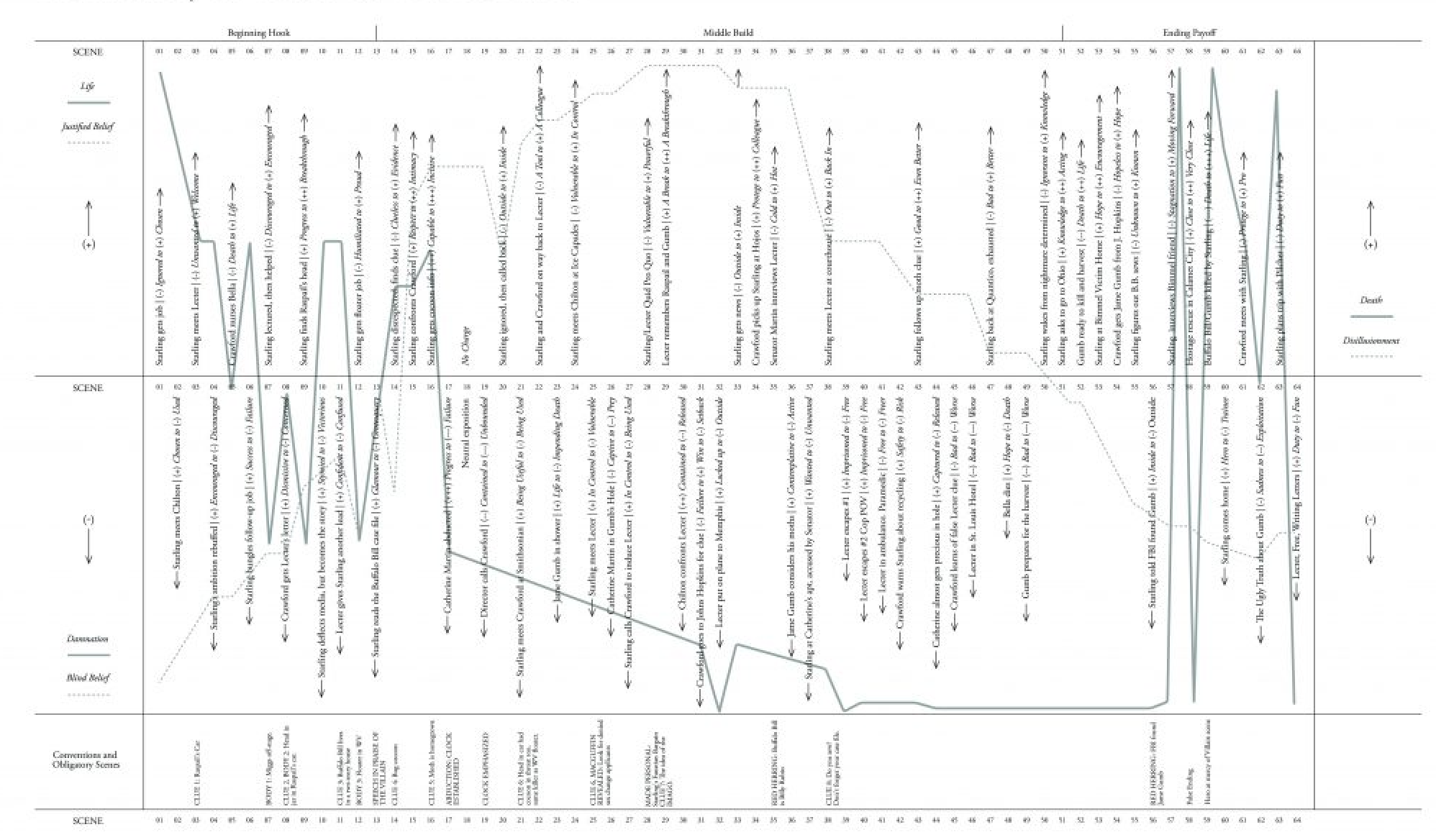
Failure surrounds me everywhere. Especially on YouTube.
"Are you a plotter or a pantser?" the adolescent savants chorus.
Resist the urge to respond. Refuse to resort to tribalistic accusations. It will not end well, I can tell you now.
You are not a stereotype. You are better than that. Understand that everyone is different, that writing is a personal journey. Embrace whatever works for you, whenever it works for you. Do not fall into my pit of despair.
Instead, take a breath and ask yourself the real question.
Why am I watching YouTube, when I could be writing?
Thanks for reading
You can receive these articles by email by signing up here.
Thanks to my Foster editors Angelo Belardi, Rajat Mittal and Elizabeth Mendes. And to Julia Hildebrand for the parabolic interventions.



